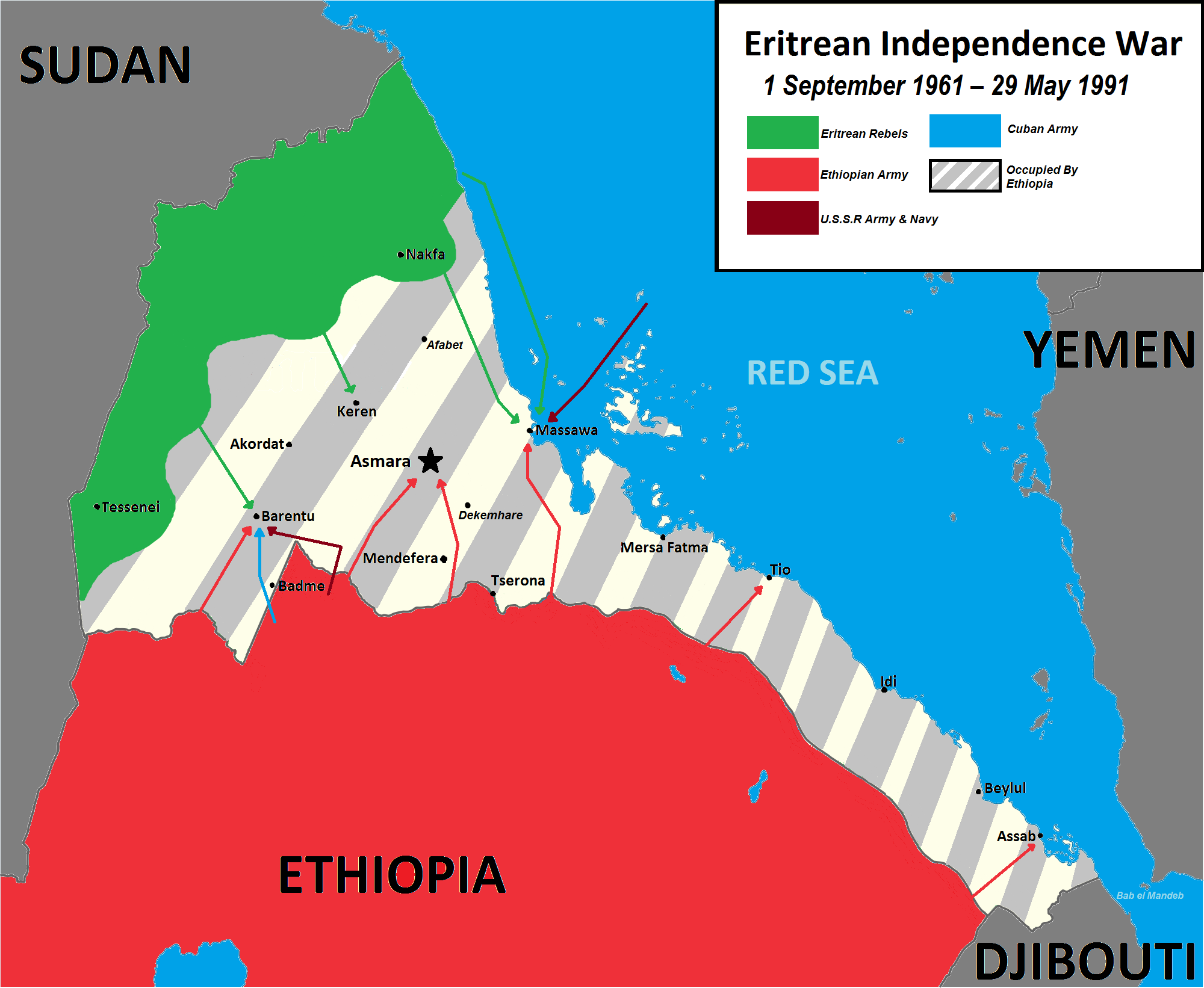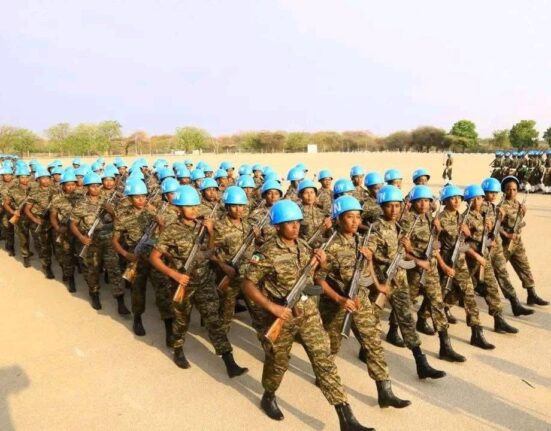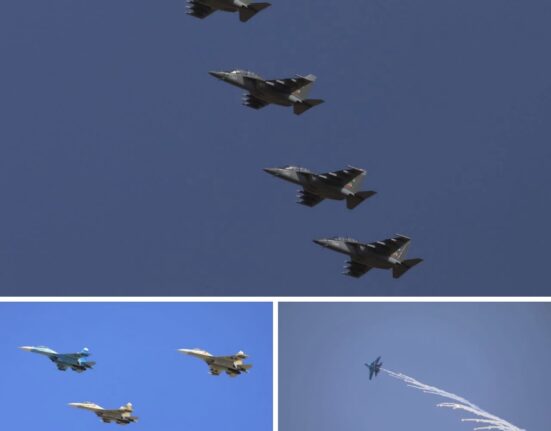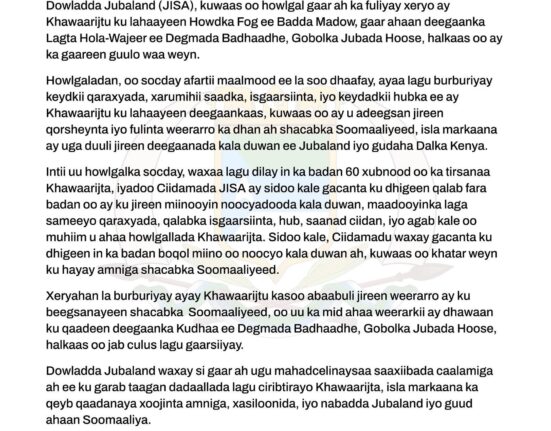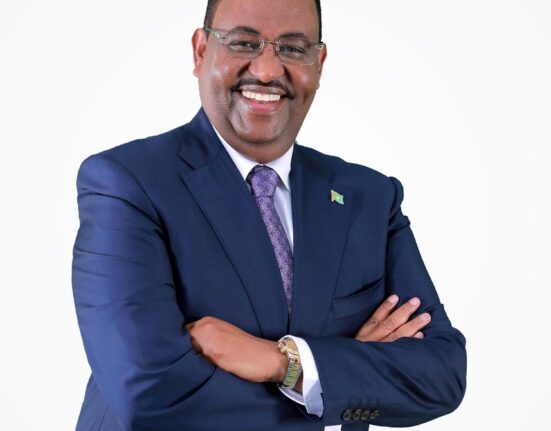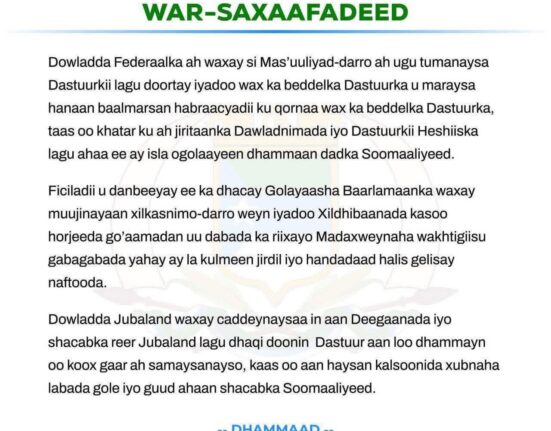By Hassen Sugule
Prefatory Note — A Creed of Good Faith and National Resolve
This essay is written in the spirit of patriotic realism: to assume the best of our statecraft and soldiers while soberly preparing for the worst of contingencies. It argues, optimistically, that Ethiopia—if united, prudent, and swift—can deter aggression, preserve its sovereignty, and convert crisis into durable diplomatic advantage. Yet optimism without preparation is wishful thinking. The prescriptions that follow are therefore framed as prerequisites to success: immediate, measurable, and morally consonant with the nation’s long-term interests.
I. Geopolitical Context and Historical Burden.
The Horn of Africa occupies a strategic choke-point on global trade and a crucible of historical grievances. The memory of the late-20th-century border wars and the more recent northern campaigns remains a haunting ledger of human suffering: displacement, fragmentation of local economies, and a generational trauma that any new conflict would only deepen. International reporting and regional briefs underscore how quickly local clashes can metastasize into humanitarian catastrophes and diplomatic crises. Ethiopia must therefore treat the mere prospect of renewed confrontation with Eritrea as a systemic threat to national development and regional stability.
II. The Contemporary Political Topography — Actors, Alignments, and Risk Vectors.
The internal and external vectors that might precipitate or amplify a conflict are manifold:
- Fano and other regional militias remain potent local actors whose loyalties and operational autonomy complicate centralized command.
- TPLF (Tigray People’s Liberation Front) continues to be a decisive force in northern politics and a central factor in any cross-border calculus with Asmara.
- Eritrea has been publicly accused by Addis Ababa of collusion with hostile northern elements; those accusations have been forwarded to international fora and have hardened diplomatic postures.
Crucially, the reconciliation pathway for formerly armed movements—such as the Ogaden National Liberation Front (ONLF) and the Oromo Liberation Army (OLA)—is a strategic asset that must be guarded, deepened, and extended to other Oromo political actors. The ONLF signed a notable peace deal in 2018 that created a legal pathway for political participation; the OLA has engaged in rounds of talks and partial agreements in recent years. These pacts, imperfect though they may be, are the scaffolding for national integration and must not be squandered.
III. A Positive-Confidence Assessment of Ethiopia’s Capacity
Ethiopia is not the same polity it was a decade ago. Reforms, partial modernization of the security services, and broad-based mobilization potential mean that Addis Ababa—if coherent in strategy and unity—has a credible defensive edge. The honorable posture I recommend is not triumphalist; it is a principled assurance that, given the requisites below, Ethiopia can deter or repel hostile designs while minimizing civilian harm and preserving international legitimacy. This is a posture of strategic confidence, not belligerent bravado.
IV. Immediate Prerequisites — Actionable Steps the Federal Government Must Take Now.
The following measures are presented as urgent prerequisites for a successful national strategy that both defends our borders and preserves the moral high ground.
1. Mobilize with Transparency: National Education, Legal Safeguards, and Phased Readiness.
Launch a disciplined, rights-respecting mobilization plan. Clearly explain to citizens the constitutional and moral foundations for defense; avoid panic and ovations of militarism. The plan should include phased reserve activation, careful logistical stockpiling, civilian protection protocols, and multilingual public education to inoculate communities against rumor and fear.
2. Embrace Inclusive Reconciliation — ONLF, OLA, and All Oromo Political Actors.
Turn peace agreements into durable partnerships. Reaffirm and accelerate the implementation of the ONLF 2018 reintegration roadmap and extend identical, strategic courtesies to OLA elements and other legitimate Oromo political actors. Convene a high-level, time-bound reconciliation and security-integration commission that includes credible leaders from Ogaden, Oromia, and other marginalized constituencies. The government should manifestly demonstrate that armed groups who choose politics over violence will receive concrete political and economic incentives, participation in security arrangements, and transparent avenues to grievance redress. Inclusive politics is the most powerful domestic deterrent against external exploitation.
(Why this matters.) Alienating these groups would create openings for malign external influence and fragment the home front at the very hour unity is required. Peaceful reintegration converts former belligerents into defenders of the federation.
3. Clean House — Targeted, Legal Action Against Compromised Officials
Where credible evidence shows that regional officials have acted against national interests, the federal government must act decisively but lawfully. This means intelligence-driven vetting, judicially supervised accountability, and, where necessary, temporary federal administration to restore governance. Political theater and extrajudicial purges must be avoided; instead pursue transparent investigations, prosecute criminality, and replace compromised actors with locally legitimate figures able to mobilize youth and resources for national defense.
(On specific concerns about Somali region governance.) Critiques and investigative reporting have signaled maladministration and divisive tactics in parts of the Somali region; these must be addressed through due process and renewed engagement with community stakeholders to rebuild trust.
4. Defensive Posturing, Not Gratuitous Escalation.
Enhance layered defenses—airspace monitoring, hardened logistics, mobile rapid-reaction forces, and civilian evacuation plans—without committing to offensive campaigns that would forfeit international sympathy. Deterrence is best achieved by credible defense and by evincing readiness to protect civilians and comply with international law.
5. Two-Track Diplomacy — Regional Coalitions and Digital Diplomacy.
Simultaneously: (a) expand diplomatic outreach to the African Union, IGAD, neighbouring capitals, and strategic partners to frame any Eritrean aggression as a regional menace; and (b) deploy a professional, multilingual digital-diplomacy effort to present verifiable evidence of violations, counteract misinformation, and rally diaspora support. Narrative legitimacy will matter as much as munitions in global forums.
6. Protect Reform Gains and Mobilize Loyal Constituencies.
Continue to defend the political and economic reforms that have broadened participation and afforded rights to historically marginalized communities, including Muslim communities and diverse ethnic groups. Demonstrable protection of these gains encourages broad popular solidarity and deprives anti-state coalitions of rhetorical fuel.
V. On the Question of the Red Sea — Ambition Tempered by Legitimacy
The attraction of maritime access is axiomatic: a secure corridor to the Red Sea would transform Ethiopia’s strategic options. But the correct path is not unilateral seizure; it is negotiated, multilateral arrangements—leases, joint logistics hubs, commercial partnerships—that secure access while preserving regional stability. Aggression to seize ports would incur sanctions, degrade international standing, and risk prolonged occupation. Therefore, Ethiopia’s strategy should combine deterrence with parallel high-level negotiation for lawful maritime access.
VI. Forecasts — Confident, Conditional, and Contingent.
- Immediate term (0–6 months): Expect heightened tensions and diplomatic volleys. With decisive internal unity and skillful diplomacy, escalation can be contained.
- Medium term (6–18 months): If conflict occurs, the battlefield will be multi-domain and humanitarian pressures will intensify. Effective planning for refugee protection and international legal compliance will be essential.
- Long term (18+ months): Two divergent trajectories are plausible: a protracted state of low-grade conflict that fragments institutions, or a negotiated multilateral settlement that grants Ethiopia dignified maritime access and enhanced regional security ties. The difference will depend on our internal cohesion and diplomatic craft.
VII. Civic Counsel — Diligent, Courageous, and Principled
To the federal leadership I address three imperatives with confident expectation of success—provided these prerequisites are met:
- Act swiftly, but lawfully. Remove compromised officials through transparent legal processes; do not substitute expediency for legitimacy.
- Enlarge the circle of political inclusion. Invite ONLF, OLA, and other Oromo and regional actors to the strategic table under a clear agenda: integrate, guarantee local development, and bind them to national defense responsibilities. This is both a moral duty and strategic necessity.
- Mobilize hearts and minds. A disciplined civic information campaign and visible protection of reform gains will translate popular support into a durable defensive advantage.
- Pursue maritime access through diplomatic invention. Negotiate, bargain, and partner. Resist the siren song of unilateral conquest.
- Hold to the principle that war is a failure of politics. Prepare to defend, but keep peace as the primary national aim.
VIII. Closing – On Hope Grounded in PreparednessI write in the firm conviction that Ethiopia’s destiny is not preordained by circumstance but shaped by decisions. If federal leaders act with intellectual rigor, procedural integrity, and a genuine outreach to erstwhile adversaries, the nation can both repel external designs and strengthen the federation from within. Hope must be accompanied by preparedness; confidence by competence; and patriotism by principle.
May our leaders choose prudence wrought with courage; may our people choose unity; and may our diplomacy be as creative as our resolve.
Key corroborating sources
- Ethiopia’s communication to the UN alleging Eritrean preparations and collusion with northern actors.
- Reporting on Ethiopia’s rejection of war over Red Sea access and the government’s stated diplomatic preference.
- Records of the ONLF-Ethiopia 2018 peace agreement and its reintegration framework.
- Coverage of OLA peace processes and partial agreements in 2023–2024.
- Investigative and analytic pieces noting governance concerns in the Somali region and debates over regional leadership.


